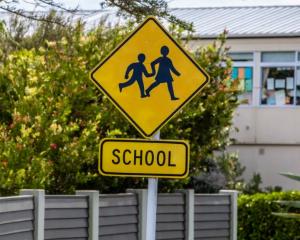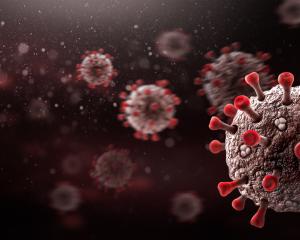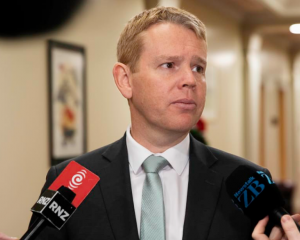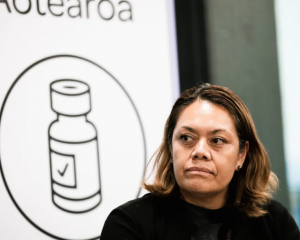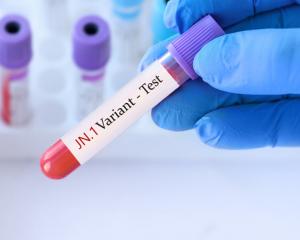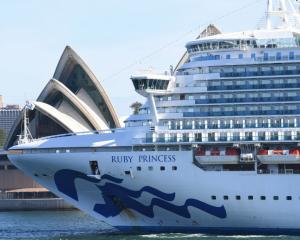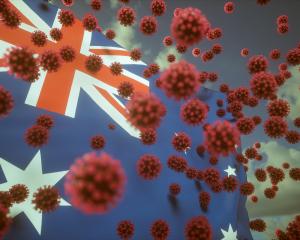
However, Covid-19 Response Minister Chris Hipkins maintains the government's approach is necessarily prudent and says populations are too transcient for more localised restrictions to be effective in closing down a virus outbreak.
Businesses suffered three days in level 3 lockdown across the Auckland region last week, followed by the weekend's level 2 restrictions, with rules around seated guests in restaurants and large gatherings banned.
The restrictions were prompted after a family in Papatoetoe contracted the virus. No source has been identified.
Auckland's Chamber of Commerce chief executive Michael Barnett told Checkpoint shutting down north Auckland had been stupid and the response to such an outbreak next time needed to be more "clinical".
"I think, for instance, if I look at Papatoetoe we identified that we had a community case, we could've put a ring around that, we could have prevented a certain amount of movement. If we identified a further case and it was Manukau we could have extended the no-go area," he said.
"When you look at it, it was stupid shutting down north of the harbour bridge or putting the South Island into level 2. We must be more clinical."
Barnett said in practice it would require the "community taking responsibility".
"I think if people understand the consequences then we should get their cooperation, but there must be a better way than shutting down a whole of a region, and shutting down the whole of an economy.
"If I have a look at where we were in March of last year and where we are now, I think we know more about the science of this, we know more about the management of it."
He said Auckland central's hospitality sector was down between 40 and 60 percent. "They'll be looking for every opportunity that they can to start up and have continuity of business.
"If you look at the centre of Auckland you've got a high level of hospitality, food and beverage. You've got firms that are dependent on people coming into town to work.
"And the first thing that happens when we go into lockdown is that people stop coming into town to work."
Barnett said the timing of the government's announcement, at 3pm on Monday, was "awful".
"Certainly the hospitality, food and beverage - for them to be able to organise staff, fill their fridges and freezers and get food available to be able to operate tomorrow is going to be difficult.
"I think we could come up with something that's a little bit more user friendly than that."
He would have liked to see an announcement on Monday morning, to give businesses a day to get prepared for alert level changes.
"I see this as a part of the learning. Let's hope some of these mistakes we don't make next time, because they will be a next time."
Population 'too mobile' for local lockdowns - Covid-19 Response Minister
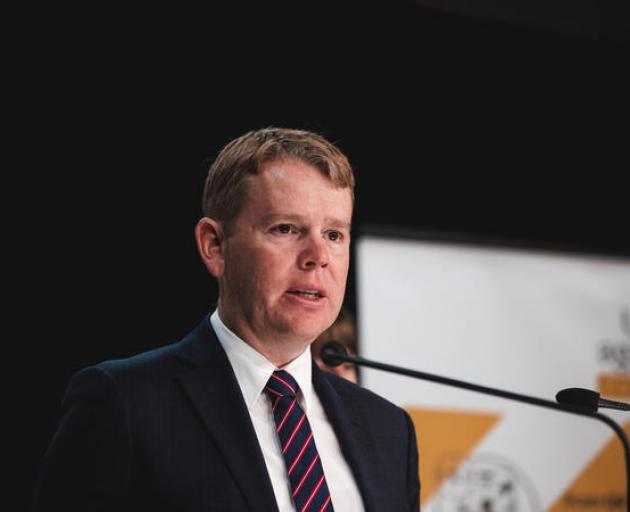
"You've seen examples in recent months where we haven't escalated alert levels. Our contact tracing system is still our primary lever when we deal with cases like this.
"But in this particular case there were extra questions, there was information we didn't have, there was the possibility that we had undetected community transmission.
"In those cases, it's really better to be safe than sorry."
Hipkins said the population in Auckland was too mobile to effectively lock down a small part of it.
"If you look at the last time we dealt with a set of community cases, that was the Auckland August cluster. It was centred on Mount Wellington, and within a few days we had cases on the North Shore."
He said the government had low-risk tolerance in general, but it was more important to look at the risk associated with each particular Covid-19 community case.
"When this case popped up it had a higher degree of risk around it because we didn't know the point of origin.
"You have to consider each case on its merits. So if you consider our Northland case, there was some risk there but we were confident we could contain that using our contact tracing systems, and we did contain that using those same systems.
"Our Defence Force worker that we dealt with late last year again we contained that using our contact tracing system. This one was a little bit different. We had to be careful."
Comments
The day we start listening to, let alone acting upon, the advice of business leaders in relation to Covid 19 action is the day we start going backwards. Their interest is solely on their profits. They don't care about your grandparents in the old folks home, they don't care about your kids with asthma or your parents whose immune system is out of action because they're fighting cancer. Any number of unnecessary deaths are an acceptable price to pay for their profits.
Stick with scientists NZ. Stick with the govt that puts lives first. They have done a great job for us so far, let's not fall at the final hurdle.
Agreed. A chamber of commerce is a group set up for special pleading - not some font of wisdom or leadership. As for a more nuanced approach I submit as evidence against, the widely circulated photos of Aucklanders leaving en-masse every time there is a lockdown up there.


